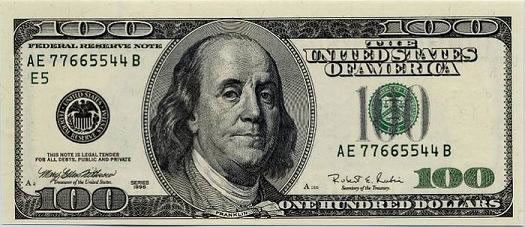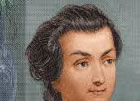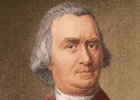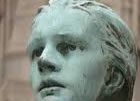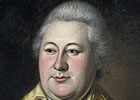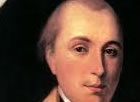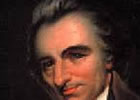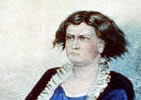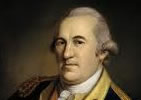Benjamin Franklin |
|||||||||||||||||||||||||||||||||||||||||||||||||||||||||||
In the meantime, Benjamin was also conducting science experiments. He had already invented the Franklin stove, which was effective in keeping large houses warm in the winter, as well as bifocal glasses. He soon became interested in the concept of electricity. In 1752, Franklin devised a simple experiment to see if electricity could be harnessed from a storm. (Click here for more on Franklin’s electricity experiment.) He succeeded and gained international fame. Soon Benjamin turned to politics to satisfy his enormous craving to learn. He soon became the colonial representative for Pennsylvania, Massachusetts, Georgia, and New Jersey in England. He stayed in England for 18 years, enjoying the life of a wealthy diplomat. Although he begged his wife to join him in England, she refused and eventually died while Benjamin was in England. In 1765, England passed the Stamp Act on the colonies, which forced Americans to pay taxes on any sort of printed document. America was outraged, and word soon spread across England about the rumblings in the colonies. Franklin helped persuade Parliament to repeal the act but grew sick of the corruption he saw among political officials in England. He began to formulate a plan for united colonies. Franklin was soon embarrassed by members of Parliament for exposing the “Hutchinson Letters Affair” to the colonies. Thomas Hutchinson, the royal governor of Massachusetts, was a British official sent to Massachusetts to pretend to side with the colonists concerning their complaints against England. In reality, he was controlled by Parliament and had no intention of helping the colonists. Benjamin Franklin then came home to join the cause for independence. He was elected a member of the Continental Congress and helped Thomas Jefferson draft the Declaration of Independence. After he signed the Declaration of Independence, Franklin set sail for France as America’s ambassador. Franklin’s charm and persuasion were successful in convincing the French to sign the 1778 Treaty of Alliance, which asserted France’s intention to aid the colonies in their quest for independence and secure loans for military supplies. In 1783, Franklin attended the signing of the Treaty of Paris, which ended the Revolutionary War. After returning from France, Franklin became a member of the Constitutional Convention and signed the Constitution in 1787. He died three years later on April 17, 1790. Twenty thousand people attended his funeral.
|
